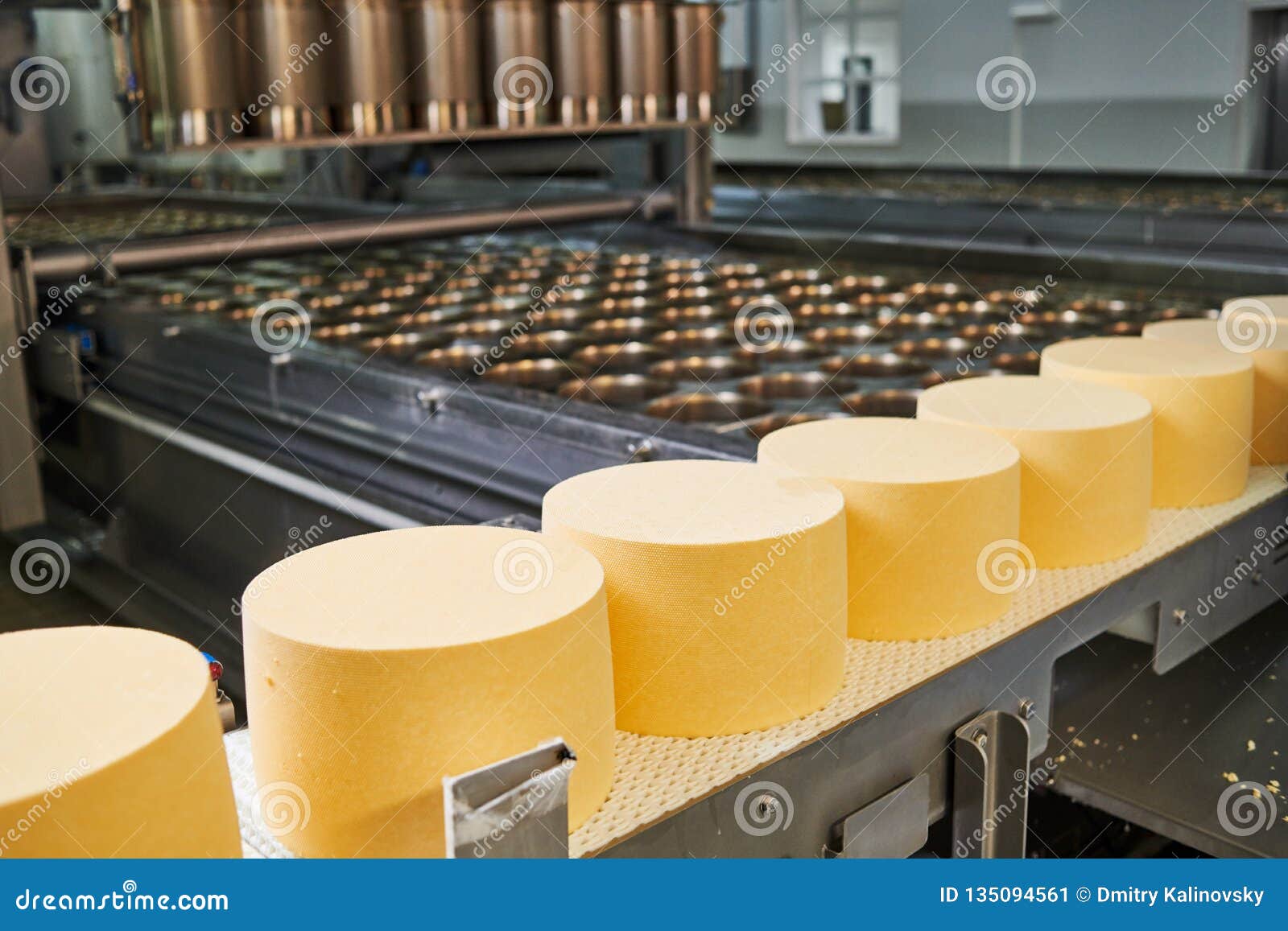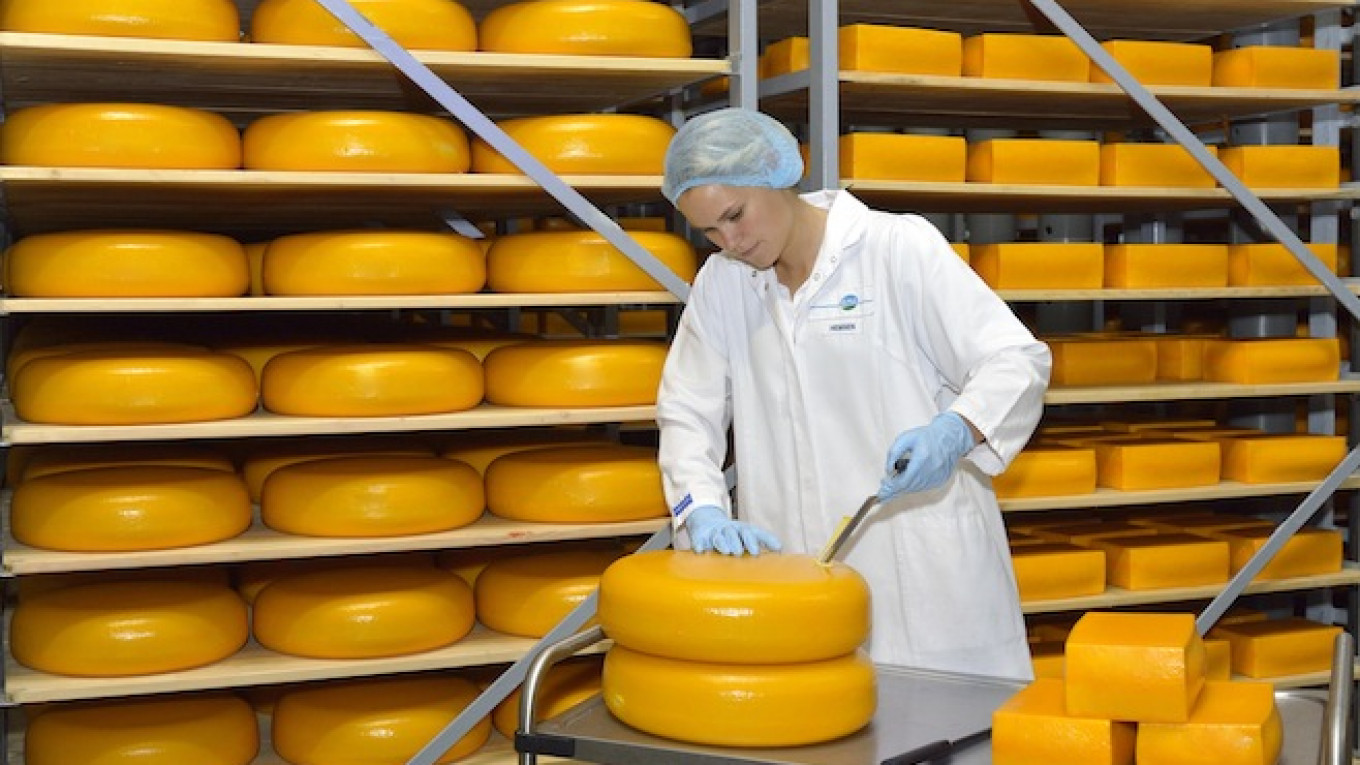Where to Purchase Cheese: Top Cheese Shops Melbourne
Where to Purchase Cheese: Top Cheese Shops Melbourne
Blog Article
An Extensive Consider Cheese Production: Ingredients, Approaches, and the Future of Craftsmen Cheeses
The detailed process of cheese manufacturing is a fascinating merging of art and science, where top quality milk, rennet, and specific microbial cultures offer as foundational components. As the sector increasingly focuses on sustainability and transparency, the future of artisan cheeses guarantees to reflect both heritage and progress.
Key Ingredients in Cheese Production
A selection of vital components play an essential duty in cheese manufacturing, each adding to the final product's taste, texture, and personality. The primary active ingredient in cheese is milk, which can come from numerous resources, including cows, goats, and sheep - cheese for sale online. The kind of milk used dramatically influences the cheese's taste and uniformity; as an example, cow's milk generally yields creamier cheeses, while goat's milk commonly generates zesty selections
An additional vital ingredient is rennet, an enzyme made use of to curdle the milk, separating it right into curds and whey. The source of rennet can be animal, veggie, or microbial, each presenting distinct qualities to celebrity. Cultures, including certain stress of bacteria, are likewise indispensable to the cheese-making procedure. They ferment lactose right into lactic acid, aiding in flavor growth and appearance.
Salt not only improves the taste however also functions as a chemical, inhibiting the growth of undesirable germs. Additionally, various flavoring representatives, such as natural herbs, flavors, or perhaps smoked wood, can be included in produce special artisanal cheeses. With each other, these active ingredients create the foundation of cheese manufacturing, setting the stage for diverse and rich cheese ranges.
Conventional Cheese-Making Techniques
Utilizing traditional cheese-making methods, artisans around the world preserve classic methods that have actually been given through generations. These methods usually emphasize the use of high-grade, locally sourced milk, which is main to the distinct flavors and appearances of artisanal cheeses. The process typically starts with the cautious heating of milk, followed by the enhancement of cultures and rennet to help with coagulation.
As soon as the curds create, they are reduced, enabling whey to drain pipes, an important step that affects moisture content and structure. Salting is an essential element of this procedure, improving taste while likewise acting as a chemical.
Aging, or affinage, is another essential element, during which cheeses establish their characteristic scents and tastes. Artisans may employ certain maturing environments, using humidity and temperature level controls to fine-tune the cheese's profile. The commitment to these standard techniques not only sustains local economic situations however likewise adds to the rich variety of cheese click selections discovered globally, commemorating cultural heritage and artisanal workmanship.
Modern Developments in Cheese Manufacturing
How have technical advancements changed cheese production in recent years? The combination of modern-day innovation has transformed both the effectiveness and top quality of cheese production.
Furthermore, improvements in microbiology have actually allowed cheesemakers to select particular microbial societies and enzymes, optimizing taste profiles and improving life span. The use of sensing unit modern technology for keeping an eye on fermentation problems has likewise come to be prevalent, enabling for real-time changes to maintain ideal atmospheres for cheese aging.

These developments not just enhance the top quality and sustainability of cheese production yet likewise equip artisan manufacturers to keep standard flavors while welcoming contemporary efficiency. As innovation remains to advance, the future of cheese production looks promising, mixing custom with innovation.
The Duty of Terroir in Cheese
In the world of cheese production, terroir plays a pivotal function in defining the unique attributes of different cheeses. Terroir, a French term traditionally related to red wine, encompasses the environmental factors that influence agricultural items, including dirt composition, environment, and local vegetation and fauna. In cheese-making, the one-of-a-kind characteristics of the area where the milk is sourced can impart certain flavors and appearances to the end product.
For example, the grazing problems of milk animals dramatically affect the milk's make-up, influenced by the types of yards and herbs offered in a specific locale. This varies not just in between countries however additionally between regions within the very same country. Additionally, the microbial neighborhoods existing in the environment contribute to the fermentation processes, resulting in diverse accounts in taste and scent.
Cheeses such as Roquefort, Parmigiano-Reggiano, and Cheddar exhibit how terroir can shape their identifications, making them see page distinct and frequently secured by geographical indications. As producers progressively identify the importance of terroir, there is a growing emphasis on sourcing local active ingredients and maintaining conventional methods, making certain that each cheese truly reflects its origin.

Future Fads in Craftsmen Cheeses
A noteworthy change is taking place in the artisan cheese field, driven by advancing consumer choices and technological developments. Increasingly, customers are being attracted towards special, top quality items that highlight both sustainability and local sourcing - cheese factory melbourne. This fad is triggering artisan cheesemakers to innovate, concentrating on small-batch manufacturing and using standard techniques while incorporating modern technology to boost high quality and safety and security
Additionally, there is a growing rate of interest in plant-based and different dairy items, pressing conventional cheesemakers to explore brand-new opportunities, such as cashew or almond-based cheeses. This change not just deals with nutritional constraints but also lines up with ecological issues pertaining to animal agriculture.
Additionally, transparency in sourcing and production processes is ending up being paramount. Consumers are a lot more enlightened and demand traceability, prompting manufacturers to take on more clear labeling practices and participate in storytelling that highlights their methods and worths.
Verdict
To conclude, the elaborate process of cheese production blends conventional strategies with modern-day developments, leading to a diverse variety of tastes and structures. The focus on top quality components and the influence of terroir highlight the creativity associated with cheese manufacturing. As the market look what i found advances, an emphasis on sustainability and openness will likely form the future of artisan cheeses, providing to a significantly critical customer base that values credibility and workmanship in milk items.
Report this page